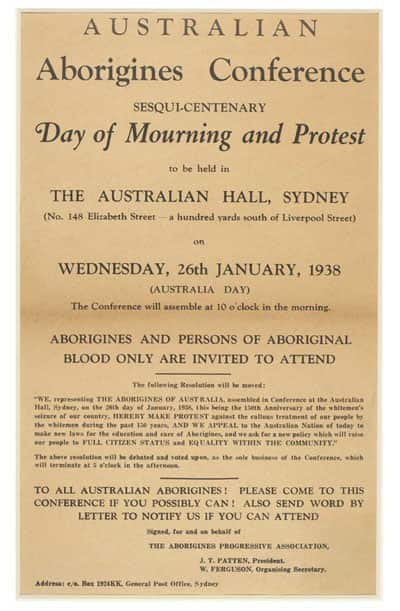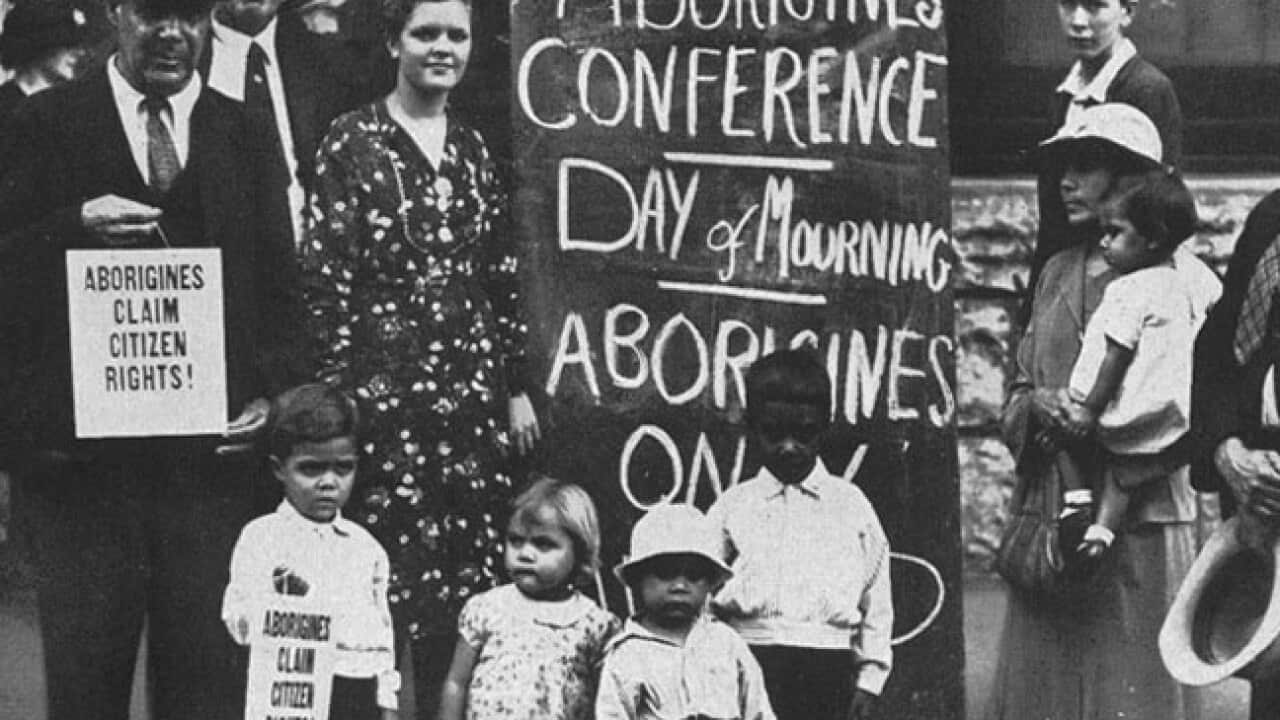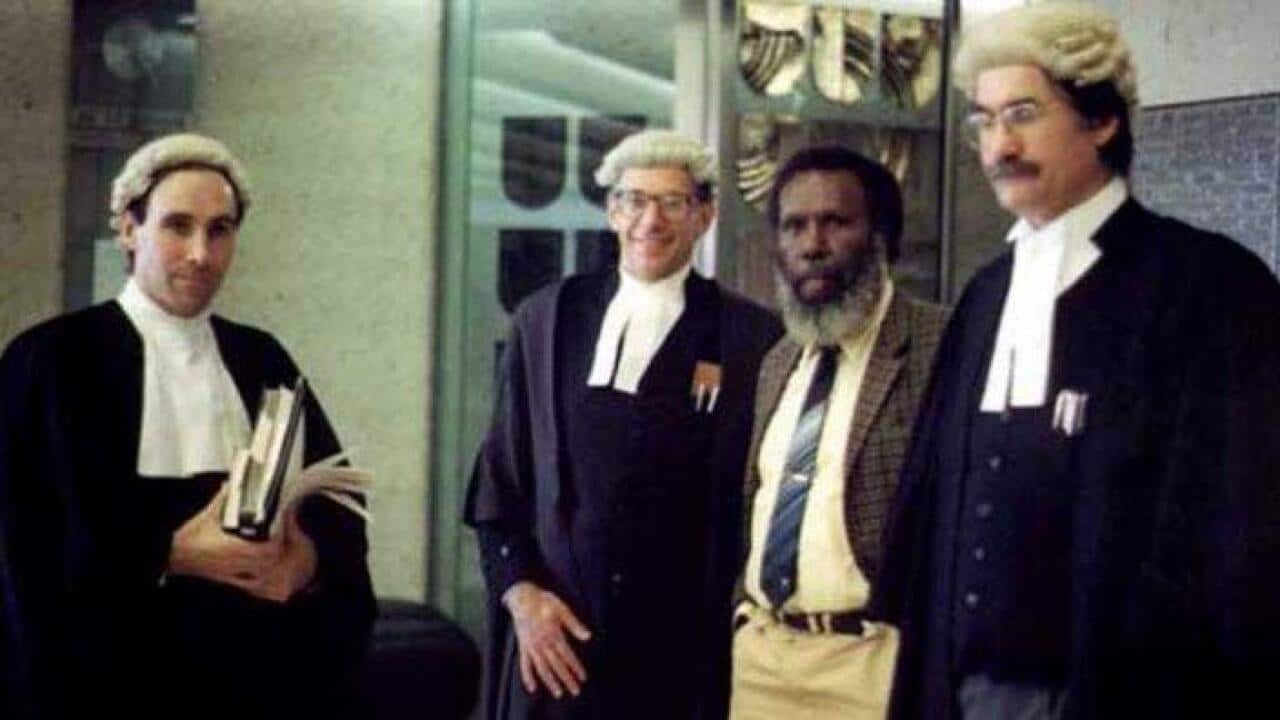NAIDOC Week is a time to honour Aboriginal and Torres Strait Islander cultures and to reflect on issues Australia faces in closing the gap in health standards for Indigenous and non-Indigenous Australians.
This year, NAIDOC Week will finish on Sunday, July 12.
The theme surrounding NAIDOC Week this year is ‘We all Stand on Sacred Ground: Learn, Respect and Celebrate’, to recognise Aboriginal and Torres Strait Islander peoples' connection to the land and sea.
The official NAIDOC website suggests Australians could celebrate the week by learning language groups and names of places in their regions.
About 150 Indigenous languages are spoken in Australia today, but most are endangered, according to the AUSTLANG website.
Why is NAIDOC Week important and how did it start?
NAIDOC Week is historically born of Aboriginal protest movements and organisations, and was founded on the principle more needed to be done to promote Indigenous rights in Australia.
NAIDOC traces its roots back to the Day of Mourning, an Aboriginal protest held on Australia Day on January 26, 1938.
That day, 150 years after English settlers arrived in Australia, protestors marched through the streets of Sydney followed by more than 1,000 people. It was one of the first major civil rights gatherings in the world.
It was one of the first major civil rights gatherings in the world.

The flyer, with resolution, advertising Australian Aborigines' Conference and Sesquicentenary Day of Mourning and Protest, 26 January 1938. Source: National Library of Australia
The Day of Mourning was held annually from 1940 to 1955 on the Sunday before Australia Day, and was known as Aborigines Day.
In 1956, state and federal governments; church groups and Aboriginal groups established the National Aborigines Day Observance Committee or NADOC, with celebrations to be moved to the first Sunday of July.
It was not until 1991 that an 'I' was added to NADOC to recognise the distinct cultural differences in Aborginal and Torres Strait Islander cultures and the NAIDOC acronym was changed to mean National Aboriginal and Islander Observance Committee.
A week would be set aside each year to celebrate Australia's First Peoples' cultures.
What’s being done to celebrate NAIDOC Week this year?
The most important event this week was the historic summit between Aboriginal and Islander elders and Australian political leaders.
The summit addressed recognising Australia’s First Peoples in the nation’s constitution, as well as legal elements to protect Aboriginal and Islander rights.
While the main celebration is in Adelaide, this year’s NAIDOC host city, there are festivities across the country for Indigenous and non-Indigenous Australians where people can learn more about the country they share.
Does it draw attention to any issues?
This week's summit on including Indigenous Australians in The Australian Constitution has drawn attention to Australia’s chances to reform its founding document.
While NAIDOC Week is a celebration, it also highlights the history of Aboriginal and Torres Strait Islander culture in Australia and the problems those communities face.
These issues include a lower than average life expectancy, high incarceration rates and the threatened closing of remote communities in the Kimberley region of Western Australia.
The Australian government's Close The Gap campaign aims to address the disparities in health and education outcomes, but the 2015 report admitted most targets were not on track to be met.
Share


